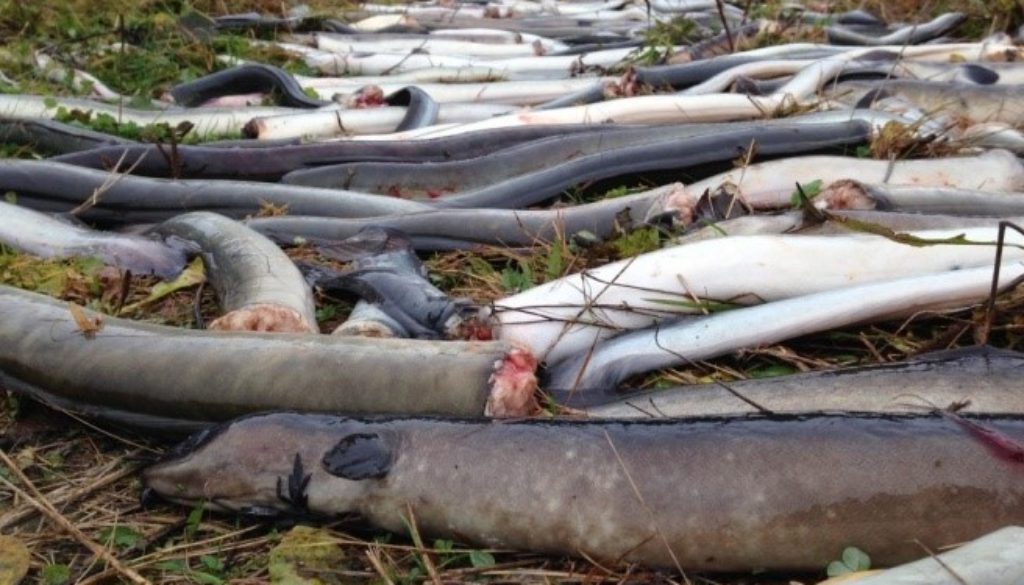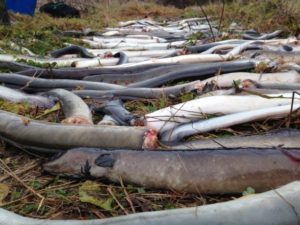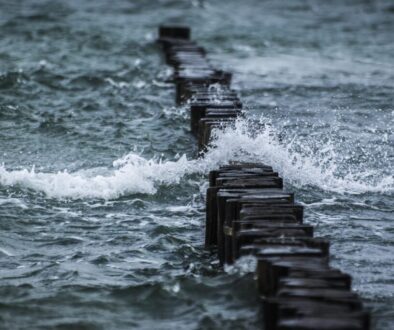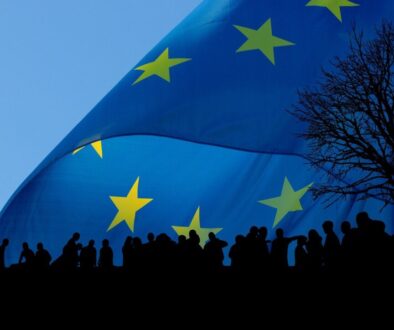LIFE reagira na prijedlog Komisije o jegulji uoči sjednice Vijeća u ponedjeljak
Varšava, 13. prosinca 2018.
Marcin Ruciński
Na temelju javno dostupnih informacija[1]LIFE razumije da je Komisija za 2019. godinu predložila proširenje postojećeg mehanizma „pokretnog“ tromjesečnog zatvaranja jegulja koje će države članice primjenjivati tijekom razdoblja od 5 mjeseci na sve životne faze jegulja i sve vode u kojima se jegulja nalazi.
Duboko žalimo što Komisija nije javno obavijestila, a kamoli konzultirala dotične ribare i druge zainteresirane strane o ovoj važnoj mjeri. Bilo je dovoljno vremena za to između odluke GFCM-a krajem listopada, objave savjeta ICES-a (7. studenog) i sada. Postojali su i raniji procesi.[2] u kojem je predložena mjera mogla biti pravilno komunicirana i raspravljena sa zainteresiranim stranama.
Na temelju javno dostupnih informacija o detaljima predložene mjere, LIFE može prihvatiti pristup Komisije, čak i ako to predstavlja poteškoće za mnoge ribare. Mjera ima jasne nedostatke za velike zamke za jegulje čije postavljanje traje dugo i ovise o vremenskim uvjetima. Međutim, nudi određenu osnovnu pravednost u naporima koji se poduzimaju na nacionalnoj razini, što uvelike olakšava njihovu procjenu i usporedbu.
Komisija je poduzela hrabar korak proširenja mjere na sve životne faze jegulje i vode u kojima se pojavljuje ova fundamentalno važna vrsta. Za mnoge ribare ova će mjera biti nova, uvedena u kratkom roku, kao iznenađenje s kojim se vrlo teško nositi u područjima gdje se do sada nisu primjenjivale mjere očuvanja ZRP-a. Stoga potičemo Komisiju i nacionalna tijela da u takvim slučajevima osiguraju laku dostupnost naknada koje financira EFPR.
Univerzalna primjenjivost zabrane na 3 mjeseca godišnje neće riješiti problem trgovine staklenim jeguljama iz Europe na Daleki istok. Pozivamo Komisiju da pomogne državama članicama u njihovim naporima da suzbiju ovu kriminalnu aktivnost.
Ne možemo dovoljno naglasiti koliko je važno da Komisija nastavi rad na vjerodostojnom i širokom paketu mjera i nakon Vijeća ministara sljedeći tjedan. One moraju ići daleko izvan mjera upravljanja ribarstvom kako bi imale stvarni pozitivan učinak na stok. LIFE je to već prošle godine pozivao.[3], zasad bezuspješno. Naše ideje za sveobuhvatni sustav dokumentiranja ulova jegulja, uključivanje EFCA-e u inspekcijski rad vezan uz jegulje, rješavanje smrtnosti jegulja u hidroelektranama i utjecaj kormorana, ostaju na stolu.
Bilo kakva daljnja ograničenja nametnuta legitimnom, tradicionalnom, malom morskom ribolovu jegulja neće pomoći u oporavku vrste – one su odgovorne za samo 3% ukupne smrtnosti jegulja uzrokovane ljudskim djelovanjem.[4]Naprotiv, daljnja ograničenja napora smanjila bi spremnost za poduzimanje privatno financiranih akcija poribljavanja, kvalitetu podataka dostupnih znanstvenicima i stvorila nepotreban dodatni pritisak na ribare koji ostaju u ovim tradicionalnim ribolovnim područjima malih količina i visoke vrijednosti.
[1] http://blueplanetsociety.org/2018/12/possible-eu-eel-fishing-closure/
[2] http://www.bsac.dk/getattachment/4b9f4b1c-c6b2-41c7-9483-51000615bdb1/Steve-Karnicki-and-Tof.pdf.aspx?lang=en-GB
[3] https://lifeplatform.eu/saving-european-eel-small-scale-fishermen/
[4] http://orbit.dtu.dk/files/158589197/Publishers_version.pdf , Tablica 1
Na slici: Smrtnost jegulja uzrokovana turbinama tijekom jesenske nizvodne migracije, fotografija Frodea Kroglunda.





